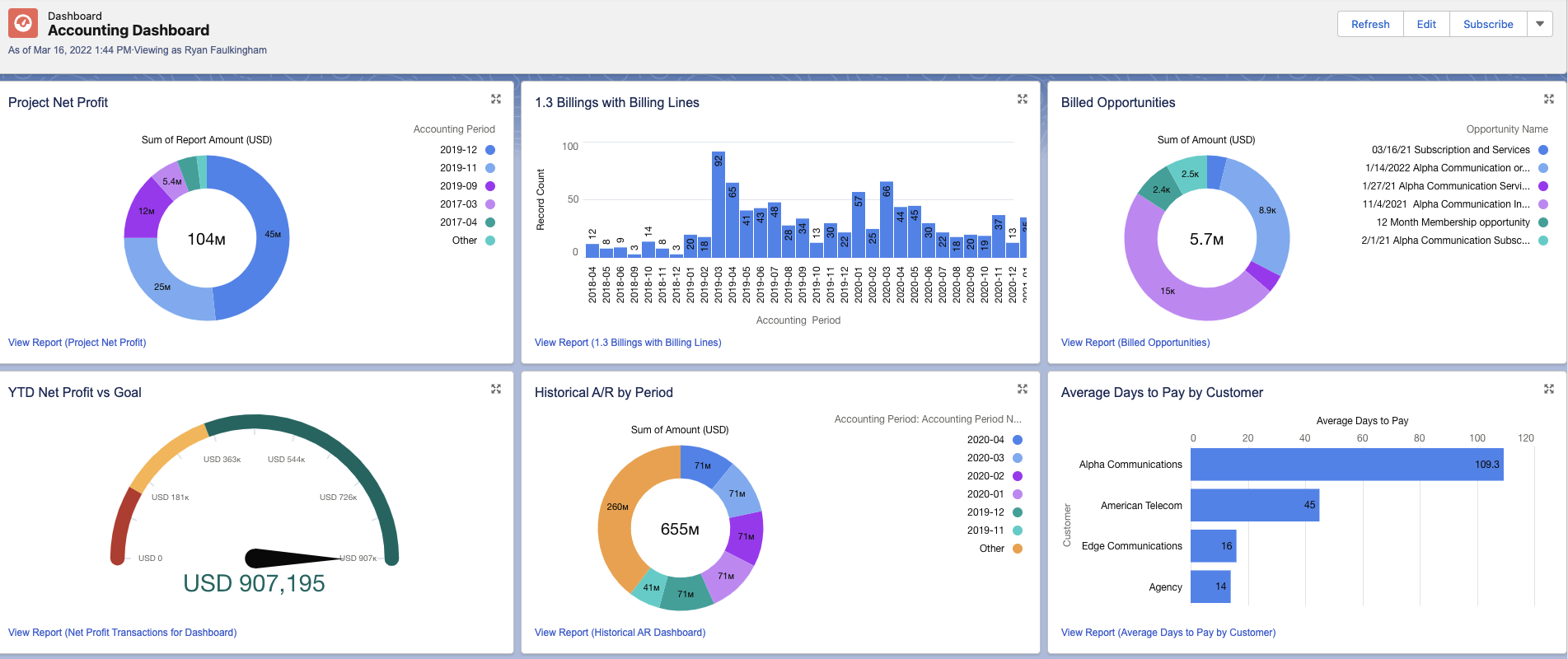In today’s fast-paced business world, accurate and efficient financial reporting and analysis are crucial for making informed decisions and driving growth. Accounting software plays a vital role in streamlining financial processes, providing real-time insights, and ensuring compliance with regulatory requirements. With numerous options available, selecting the best accounting software for financial reporting and analysis can be a daunting task. In this article, we will explore the top accounting software solutions, their features, and benefits to help you make an informed decision.

Top Accounting Software for Financial Reporting and Analysis
- QuickBooks: Developed by Intuit, QuickBooks is a popular accounting software that offers a range of features, including financial reporting, budgeting, and forecasting. It provides real-time visibility into cash flow, expenses, and revenue, enabling businesses to make data-driven decisions.
- Xero: Xero is a cloud-based accounting software that provides a comprehensive platform for financial reporting, accounting, and invoicing. It offers automated bank reconciliation, expense tracking, and financial reporting, making it an ideal choice for small to medium-sized businesses.
- Sage: Sage is a well-established accounting software that offers a range of solutions for financial reporting, accounting, and compliance. It provides advanced features, such as budgeting, forecasting, and financial analysis, making it suitable for large enterprises.
- Zoho Books: Zoho Books is a cloud-based accounting software that offers a range of features, including financial reporting, invoicing, and expense tracking. It provides real-time insights into business performance, enabling businesses to make informed decisions.
- FreshBooks: FreshBooks is a cloud-based accounting software that provides a range of features, including financial reporting, invoicing, and time tracking. It offers automated expense tracking, financial reporting, and project management, making it an ideal choice for freelancers and small businesses.
Key Features of Accounting Software for Financial Reporting and Analysis
- Financial Reporting: The ability to generate accurate and timely financial reports, such as balance sheets, income statements, and cash flow statements.
- Budgeting and Forecasting: The ability to create and manage budgets, forecast revenue and expenses, and track performance against budget.
- Automated Bank Reconciliation: The ability to automate bank reconciliation, reducing errors and saving time.
- Expense Tracking: The ability to track and manage expenses, including invoice tracking and payment tracking.
- Compliance: The ability to ensure compliance with regulatory requirements, such as tax laws and accounting standards.
- Real-Time Insights: The ability to provide real-time insights into business performance, enabling businesses to make informed decisions.
- Security and Data Backup: The ability to ensure the security and integrity of financial data, including automatic backups and encryption.
Benefits of Using Accounting Software for Financial Reporting and Analysis
- Improved Accuracy: Accounting software reduces errors and improves accuracy, ensuring that financial reports are reliable and trustworthy.
- Increased Efficiency: Accounting software automates many financial processes, saving time and increasing productivity.
- Enhanced Decision-Making: Accounting software provides real-time insights into business performance, enabling businesses to make informed decisions.
- Compliance: Accounting software ensures compliance with regulatory requirements, reducing the risk of fines and penalties.
- Cost Savings: Accounting software reduces the need for manual processing, saving time and money.
FAQs
- What is the best accounting software for small businesses?
The best accounting software for small businesses is QuickBooks or Xero, as they offer a range of features, including financial reporting, invoicing, and expense tracking. - What is the difference between cloud-based and on-premise accounting software?
Cloud-based accounting software is hosted online, providing access from anywhere, while on-premise accounting software is installed on a local computer or server. - How do I choose the right accounting software for my business?
To choose the right accounting software, consider your business needs, including the number of users, financial reporting requirements, and compliance needs. - Is accounting software secure?
Yes, accounting software is designed to be secure, with features such as encryption, automatic backups, and access controls to protect financial data. - Can I use accounting software for personal finance management?
Yes, some accounting software, such as QuickBooks or Xero, can be used for personal finance management, including tracking expenses and creating budgets.
Conclusion
Selecting the best accounting software for financial reporting and analysis is crucial for businesses of all sizes. The top accounting software solutions, including QuickBooks, Xero, Sage, Zoho Books, and FreshBooks, offer a range of features, including financial reporting, budgeting, and forecasting. By considering the key features and benefits of accounting software, businesses can make informed decisions and choose the right solution for their needs. With the right accounting software, businesses can improve accuracy, increase efficiency, and enhance decision-making, ultimately driving growth and success. Whether you are a small business or a large enterprise, accounting software is an essential tool for financial reporting and analysis, and choosing the right solution can have a significant impact on your business.
Closure
Thus, we hope this article has provided valuable insights into The Best Accounting Software for Financial Reporting and Analysis. We hope you find this article informative and beneficial. See you in our next article!